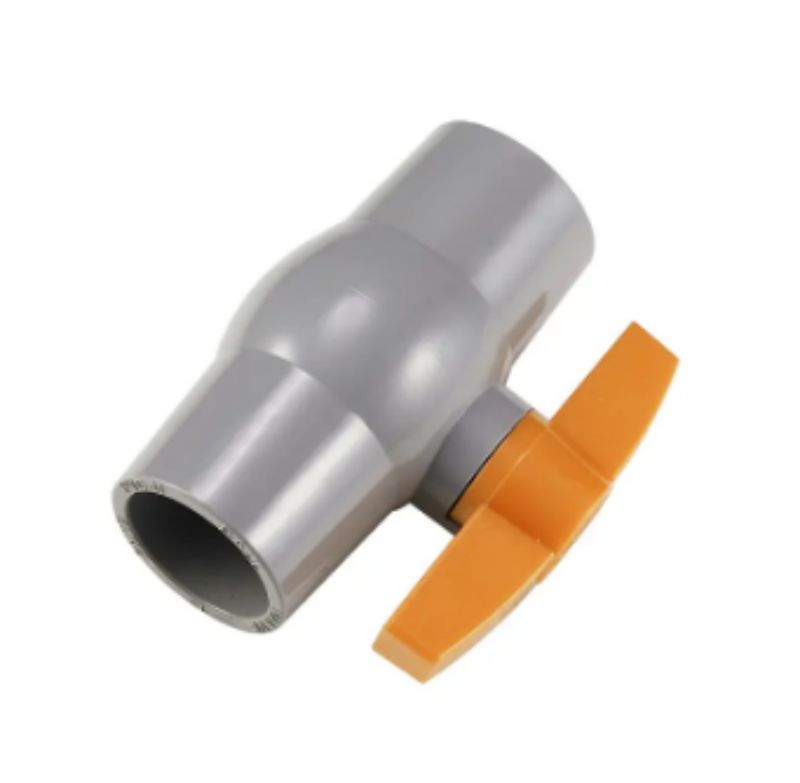When it comes to plumbing needs, selecting the correct valve is crucial. Ball valves are a popular choice among homeowners and professionals alike for their reliable performance and ease of use. However, one material often raises its head above the rest: PVC (polyvinyl chloride). So, are PVC ball valves the best choice for your plumbing needs? Let’s explore the advantages and disadvantages of PVC ball valves to determine the answer.
Advantages of PVC Ball Valves
Durability: PVC ball valves are known for their sturdiness and longevity. The material is highly resistant to corrosion and decay, making it capable of withstanding even the harshest of plumbing conditions. This extends the lifespan of the valve, saving you from frequent replacements.
Low Maintenance: PVC ball valves require minimal maintenance compared to other valve materials. While valves made of metal or other materials may require regular lubrication or painting to prevent corrosion, PVC valves require none of these measures.
Easy Installation: PVC ball valves are designed for easy installation, whether it’s a new installation or a replacement. The fittings are designed to connect seamlessly with PVC piping, making the installation process quick and simple.
Versatility: PVC ball valves are available in various sizes and configurations, making them suitable for a wide range of plumbing applications. Whether it’s for a residential home or a commercial building, PVC ball valves can be easily customized to fit the project’s needs.

Safety: PVC is non-toxic and doesn’t pose any threat to your health, unlike some other valve materials such as lead. The material doesn’t leach harmful chemicals into the water, ensuring safe usage.
Cost-Effective: PVC ball valves are generally more affordable than valves made of other materials. The cost savings can add up when you factor in the long-term cost of ownership, as replacements and maintenance are less frequent.
Disadvantages of PVC Ball Valves
Limited Temperature Range: PVC ball valves have a limited temperature range compared to some other materials like brass or bronze. The material can soften at high temperatures, which may affect the performance and longevity of the valve.
Poor Thermalshock Resistance: PVC has poor thermal shock resistance compared to other materials like cast iron or copper. This means that sudden changes in temperature can cause stress on the valve, leading to potential damage or failure.
Corrosion Susceptibility: While PVC is more resistant to corrosion than some other materials, it is not completely immune to it. Over time, exposure to certain chemicals or environments may cause damage to the valve, necessitating replacement.
Less Tight Seal: PVC ball valves may not provide as tight a seal as some other materials like rubber or neoprene. This can result in water leakage or pressure loss, affecting the performance of the valve.
In conclusion, PVC ball valves offer many advantages for your plumbing needs, including durability, low maintenance, easy installation, versatility, safety, and cost-effectiveness. However, they also have some disadvantages such as limited temperature range, poor thermal shock resistance, corrosion susceptibility, and less tight seal compared to some other materials. When selecting PVC ball valves for your plumbing project, it’s important to consider these advantages and disadvantages and choose the type that best fits your specific requirements and plumbing needs
Post time: Oct-25-2023

